8 Mouthwatering Egyptian Desserts You Need to Try
Egyptian desserts weave a delectable narrative of cultural richness and culinary artistry that captivates food enthusiasts worldwide.
These sweet treasures represent more than mere confections – they embody generations of tradition and familial love.
Each delicacy carries whispers of ancient recipes passed down through generations, blending aromatic spices, nuts, and sugary essences that dance on your palate.
The complexity of these treats reflects Egypt's sophisticated culinary landscape, where every ingredient tells a story of regional influence and historical connection.
Delicate textures and nuanced flavors characterize these remarkable confections, showcasing a mastery of sweet craft that goes beyond simple dessert-making.
Such remarkable culinary creations represent a sensory journey through Egyptian gastronomic heritage, inviting passionate food lovers to explore their intricate layers.
Prepare to discover 8 mouthwatering Egyptian desserts that will transport you to a world of sweet wonder:
New Year Couscous
New Year Couscous is a cherished Egyptian dessert that transforms simple grains into a festive celebration of flavor and tradition.
Home cooks blend plain couscous with butter and sugar, creating a sweet base that captures holiday spirit.
Dry fruits like pistachios, nuts, and raisins add delightful texture and richness to the dish.
Families prepare this special treat on New Year's Eve, serving it as a symbolic white dish representing peace and hope.
Serving two contrasting dishes - white and green - marks an important cultural ritual during the festivities.
Pistachios and raisins sprinkled across the surface make this dessert both beautiful and delicious.
Fetir Meshaltet
Fetir Meshaltet are golden Egyptian pastries originating from ancient culinary traditions that showcase layered, buttery dough with remarkable flakiness.
Skilled bakers carefully craft these delicate treats by meticulously folding multiple thin layers of dough enriched with ghee and sometimes sugar.
Egyptians traditionally serve these pastries during special celebrations and family gatherings, filling them with sweet ingredients like halwa, chocolate, or raisins.
Generations have perfected this recipe, transforming simple flour, salt, and fat into a luxurious culinary experience that delights both sweet and savory palates.
Royal kitchens originally prepared these pastries as offerings to religious ceremonies, symbolizing cultural significance beyond mere sustenance.
Celebrated throughout Egypt, Fetir Meshaltet represent a delicious connection to historical culinary heritage that continues to captivate food lovers worldwide.
Halawat El Jian
Halawat El Jian are delicate Egyptian cheese rolls bursting with rich cultural flavors and elegant presentation.
Sweet cheese dough wraps creamy centers while getting adorned with crushed pistachios and delicate rose petal jam.
Chefs carefully craft these delightful treats by rolling thin cheese pastry around smooth clotted cream fillings.
Orange blossom and rose water syrup cascades over each roll, creating an irresistible sweet profile that elevates the dessert.
Professional bakers spend nearly an hour perfecting this intricate recipe, which requires precise technique and quality ingredients.
Mediterranean culinary traditions shine through this exquisite dessert that seamlessly blends textures and aromatic components.
Kahk
Kahk are traditional Egyptian cookies cherished during Eid ul Fitr celebrations, featuring delicate butter-based pastry with rich, sweet fillings that melt in your mouth.
Muslims worldwide love these crumbly biscuits packed with dates, honey, or walnut centers that represent hospitality and joy.
Bakers carefully craft each cookie with precision, creating delicate rounds dusted with powdered sugar that symbolize festive traditions.
Family gatherings become extra special when these treats appear, connecting generations through shared culinary heritage.
Elegant yet simple, Kahk require basic ingredients like flour, butter, and ghee to create their signature texture.
Religious and cultural significance elevates these cookies beyond mere desserts, making them a meaningful symbol of community and love.
Lokma
Lokma are delightful Turkish doughnuts deeply rooted in royal culinary traditions, originating from the 13th-century Abbasid Caliphate.
Skilled cooks craft these golden-brown spheres by creating a yeasted dough that transforms into crispy, airy pastries when deep-fried.
Honey syrup generously coats each morsel, creating an irresistible sweet glaze that glistens with authentic flavor.
Cinnamon and crushed nuts sprinkled on top add complexity and crunch to the delicate treat.
Historically served to caliphs and courtiers, lokma now grace special celebrations across Middle Eastern cultures.
Egyptians especially cherish this beloved dessert, which continues to delight generations with its rich, complex taste profile.
Khoshaf
Khoshaf is a luxurious Egyptian dessert celebrating dried and fresh fruits with nutty undertones that dance across your palate.
Egyptians cherish this traditional Ramadan delicacy as a nourishing way to break daily fasting periods.
Carefully selected dates, apricots, prunes, and figs combine into a luscious compote that balances sweet and complex flavors.
Families across Egypt craft unique versions reflecting personal preferences and regional ingredients.
Nuts provide delightful crunch and depth to the fruit medley.
Each spoonful offers a refreshing blend of textures and tastes that connects generations through culinary tradition.
Coconut Cake
Coconut cake is an Egyptian delicacy celebrated for its cloud-like texture and irresistible tropical sweetness that captures dessert lovers' hearts.
Desiccated coconut generously sprinkled across the cake's surface creates a delightful crunch and enhances its authentic flavor profile.
Bakers carefully blend flour, sugar, eggs, and fresh coconut to achieve the perfect balance of lightness and richness.
Each slice promises a melt-in-your-mouth experience that transports you to sun-drenched Mediterranean landscapes.
Home cooks and professional pastry chefs alike treasure this traditional recipe as a cherished comfort food.
Served alongside strong Arabic coffee or sweet tea, this cake becomes a centerpiece of social gatherings and family celebrations.
Rice Pudding
Rice pudding is a luscious Middle Eastern dessert beloved for its silky smooth texture and irresistible sweet profile.
Culinary enthusiasts cherish this classic treat for its simple yet elegant combination of rice flour, sugar, and milk.
Homemade versions take approximately two hours to prepare, offering a labor of love that rewards patient cooks.
Traditional recipes often feature fragrant garnishes like pistachios or almonds, adding delightful crunch to the creamy base.
Mediterranean cultures have perfected this dessert through generations of careful preparation.
Subtle spices like cinnamon or cardamom can elevate the pudding's flavor, making each spoonful a delectable journey through regional culinary traditions.

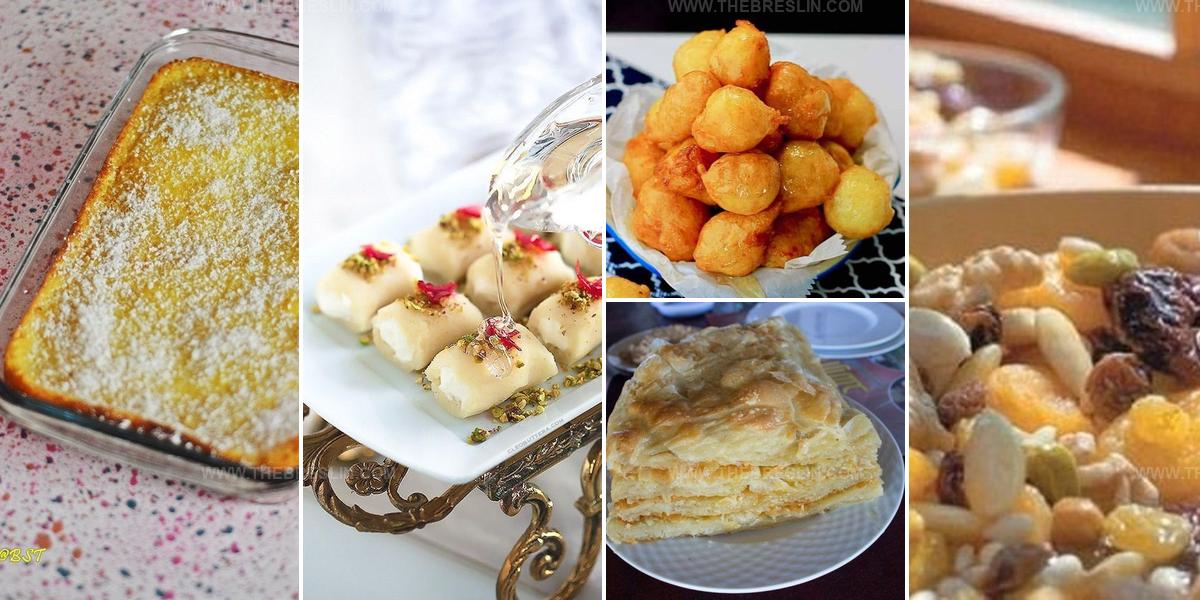
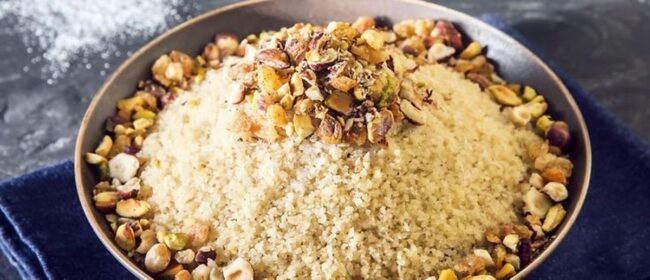
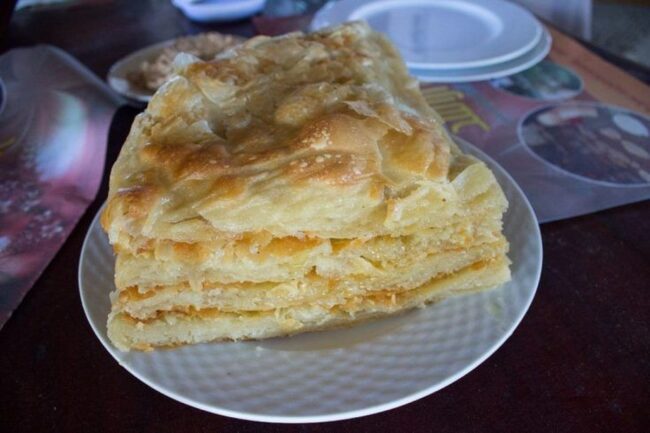
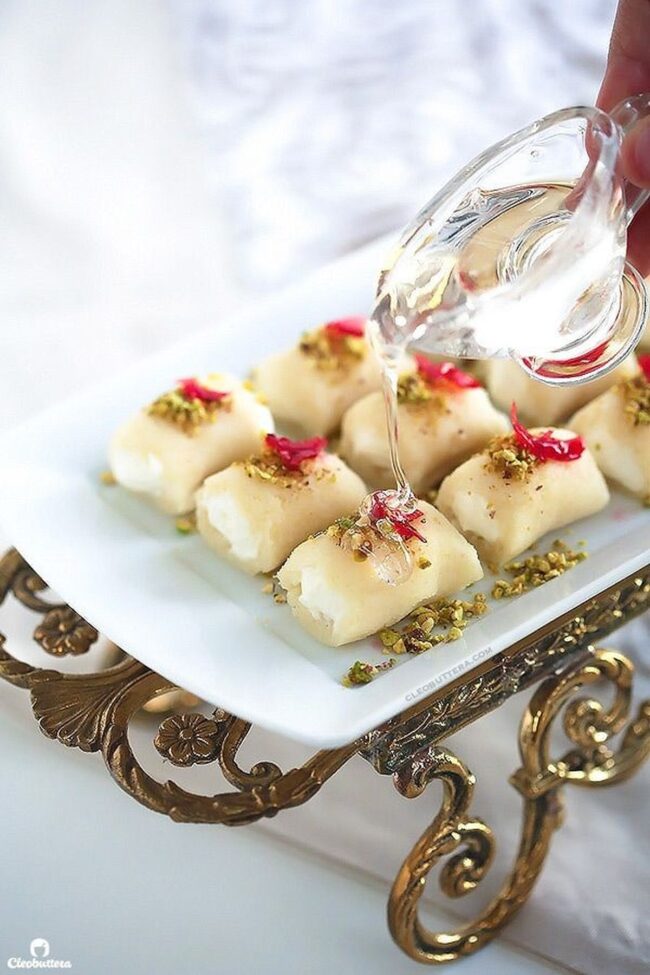


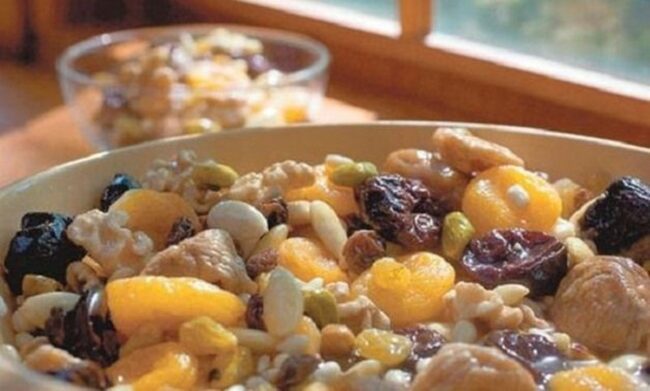

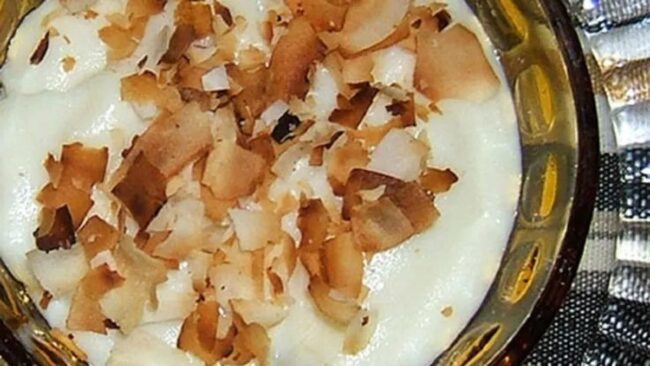
Expertise
Education